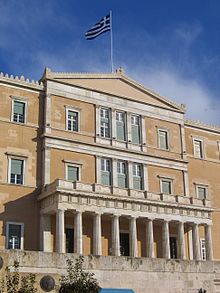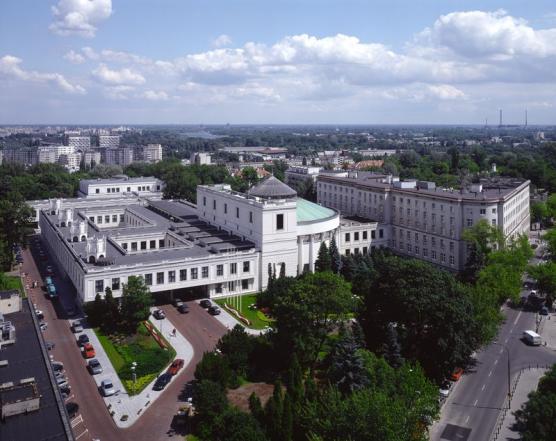I
do believe that we gather here - in the cradle of the European democracy - as independent experts who despite the differences in their political views are still able to retain cool objectivity. To avoid possible objections against some theses, in my presentation you can find only well documented facts, quotations from original and officially published documents as well as, maybe controversial but real, politicians’ statements. I just want to draw your attention to the fact that most of today’s financial or economic problems have arisen from strictly political reasons. We are not able to analyze past, mitigate current and avoid future financial crises in isolation from realpolitik. As usually, I just propose you to focus on the real challenges facing the Europe Union and European community. Perhaps you may agree that delusions of the European integrity and solidarity have dispelled. Today, the European politicians go their separate ways. But what about us, the citizens and our great expectations for living in peace and prosperity? Unfortunately, most of the old problems have been unsolved. What is worse, in addition to the old threats the new ones have appeared. In consequence, the question about the future shape of the European Union has become hot topic.
As we are aware, the demands for treaty revision have re-emerged on the EU agenda. However, any future reform would have to deal with the revision procedure like the unanimity requirement or powerful vetoes of some member states during ratification. The alternatives have significant political costs and effects. In meantime, the process of European integration has led to a transfer of legislative power not only from the national to the European level, but also from parliament to the executive. Democratically elected institutions at the national level are often bypassed in the decision-making process. The financial and debt crisis has reinforced this trend. Budgetary authority, a key prerogative of parliaments, is increasingly subject to influence from EU institutions; within and outside the EU legal framework. Moreover, in terms of formal and effective rights participation of parliaments in the management of the crisis, has been very uneven. As a result, the crisis has reinforced the gap between stronger and ‘second class’ parliaments in the EU.
This remark also concerns the powers of the European Parliament which are reduced by the Lisbon Treaty in the annual negotiations on the EU budget. Compared with the previous rules, the rules of the Lisbon Treaty have reduced the amounts available to spend. The budget becomes more inflexible. At the same time, the EU fiscal and economic demands, specifically covered by the European Semester, have had an impact on national social policies, essentially broadening the scope of stricter surveillance beyond economic issues. Reducing public expenditure often results in limiting entitlements in the social domain, and calls for structural reforms mostly entail amending labor law and worker’s protection .
Do the member states still have leeway to develop alternative policies, specifically in the area of pensions, wages or unemployment? Have the member states got the rights to contest EU level analyses and recommendations, as well as proposed or even implemented alternative policies?

Fragment of a speech which was delivered by Andrzej S. Wójtowicz on 5th of October 2017 during the ECPRD conference in Athens
